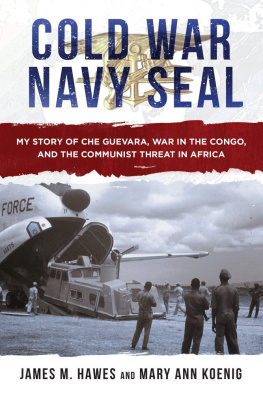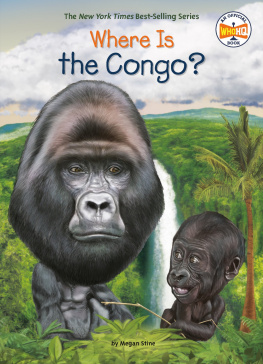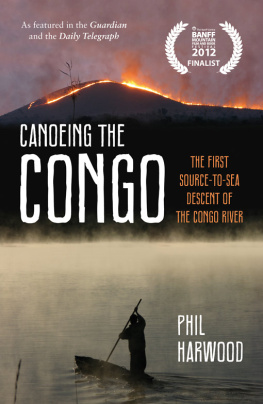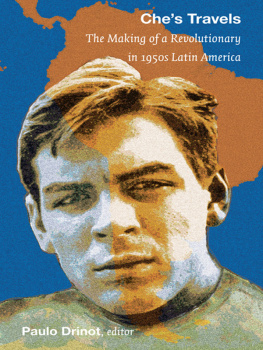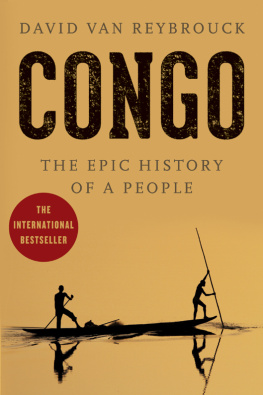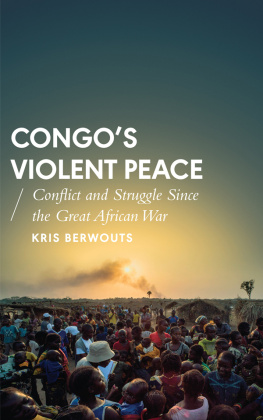
CHE GUEVARA PUBLISHING PROJECT
THE DIARIES:
The Motorcycle Diaries (1952)
Latin America Diaries (1953-55)
Reminiscences of the Cuban Revolutionary War (1956-58)
Diary of a Combatant (1956-58)
Congo Diary (1965)
The Bolivian Diary (1966-67)
ALSO AVAILABLE:
Che Guevara Reader
Global Justice: Liberation and Socialism
Self-Portrait: A Photographic and Literary Memoir
Marx & Engels: A Biographical Introduction
The Great Debate on Political Economy and Revolution
The Awakening of Latin America
Our America and Theirs

Copyright 2011 Che Guevara Studies Center and Aleida March
Copyright photographs 2011 Che Guevara Studies Center and Aleida March
Copyright 2011 Ocean Press
Copyright 2011 Aleida Guevara
All rights reserved. No part of this publication may be reproduced, stored in a retrieval system or transmitted in any form or by any means, electronic, mechanical, photocopying, recording or otherwise, without the prior permission of the publisher.
ISBN 978-0-9872283-5-2 (e-book)
Library of Congress Catalog Card Number 2011922100
First edition published in 2012
Published in Spanish as Pasajes de la Guerra revolucionaria: Congo ISBN 978-1-920888-79-4
PUBLISHED BY OCEAN PRESS
PO Box 1015, North Melbourne, VIC 3051, Australia
E-mail:
OCEAN PRESS TRADE DISTRIBUTORS
United States: Consortium Book Sales and Distribution
Tel: 1-800-283-3572 E-mail: www.cbsd.com
Canada: Publishers Group Canada
Tel: 1-800-663 5714 E-mail:
Australia and New Zealand: Palgrave Macmillan
Tel: 1-300-135 113 E-mail:
UK and Europe: Turnaround Publisher Services
Tel: (44) 020-8829 3000 E-mail:
Cuba and Latin America: Ocean Sur
E-mail:

| www.oceanbooks.com.au |
CONTENTS
CONGO DIARY
Appendices:
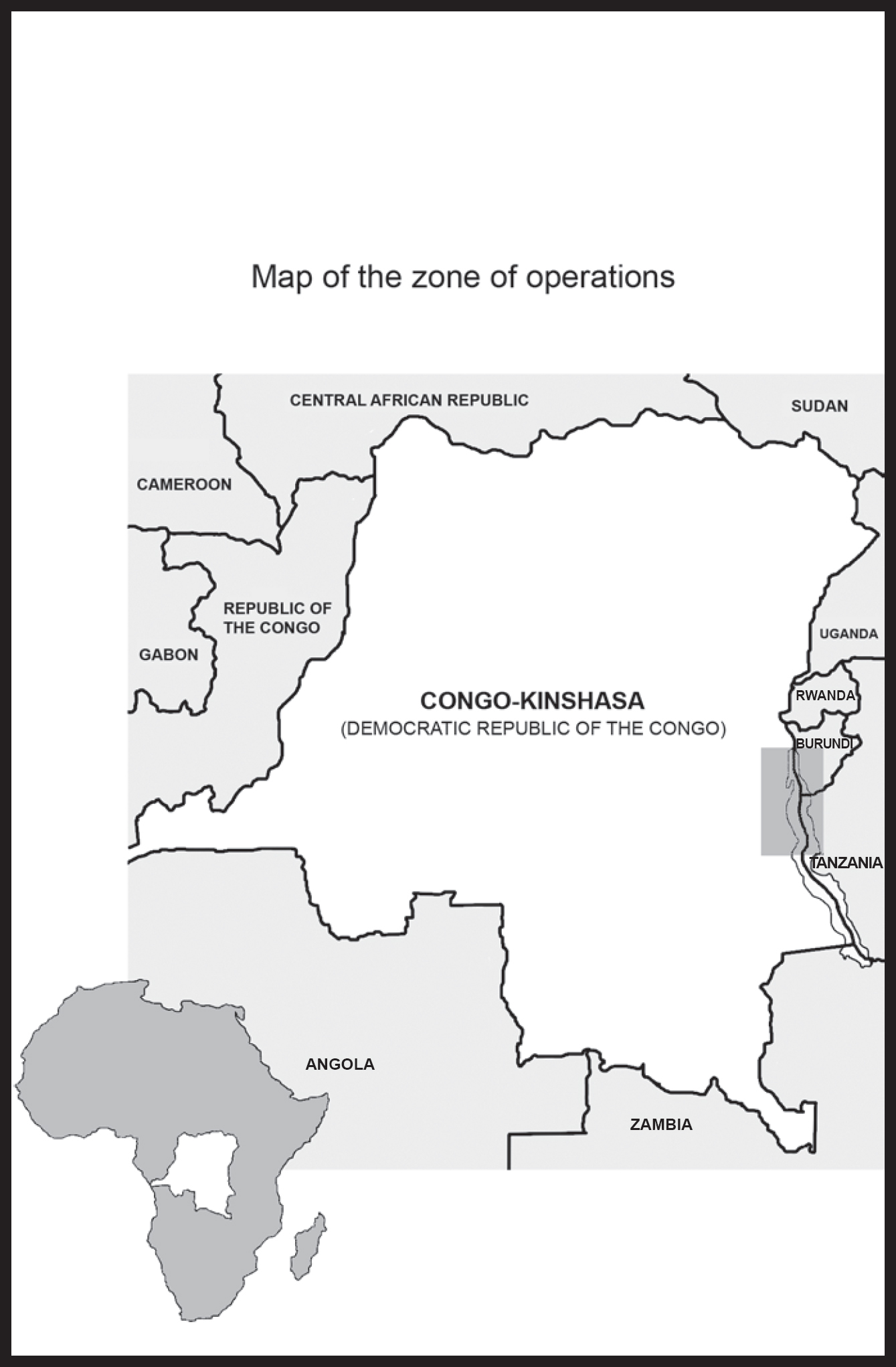
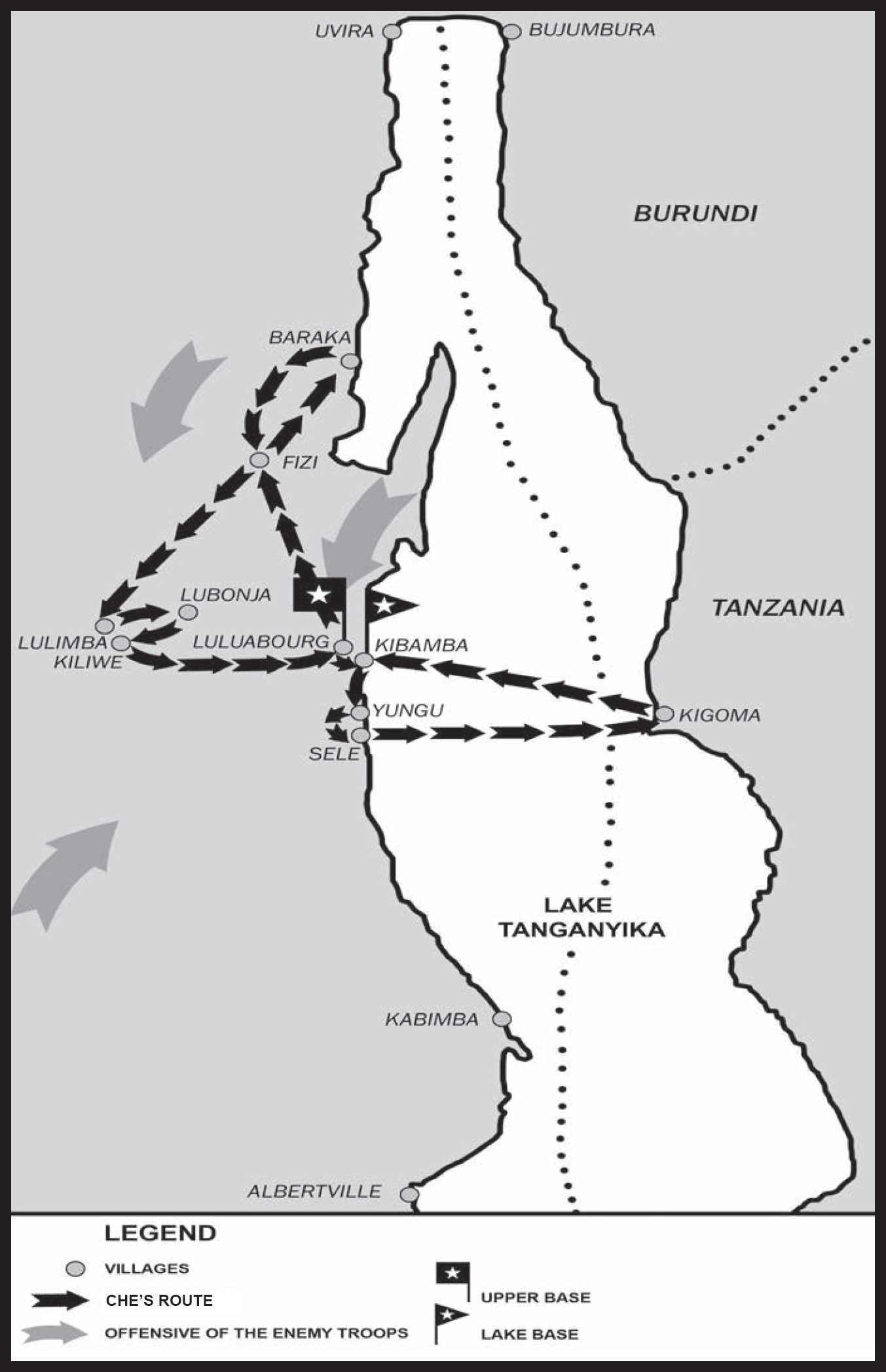
In a letter to his mother, written from Mexico in October of 1956, the young Ernesto Guevara declared that he had decided to deal with the main things first, to pit myself against the order of things, shield on my arm, the whole fantasy, and then, if the windmills dont break open my head, Ill write. These lines announce the definitive consummation of a change in the young Argentine and point to the future course of his life in which action and reflection, understanding the world and transforming it, would be united in perfect harmony.
Ches famous Reminiscences of the Cuban Revolutionary War was a compilation of articles based on his experiences during the two years of guerrilla warfare in Cuba, articles originally published in the magazine Verde Olivo. One significant difference between those reminiscences of the Cuban guerrilla war and these written about his experience in the Congo is the position from which he writes: the Cuban revolutionary war ended in victory whereas the struggle in the Congo did not. But that difference reveals a common element, an irrevocable commitment to the strictest adherence to the truth, which Che presents in the prologue to his stories of the Cuban war, as the first and fundamental necessity of someone writing history. And he adds another requirement for the revolutionary: the need to examine not just the victories, but every action.
The analysis in these pages is much sharper than in his writings on the Cuban war and reveals the intellectual maturity of the writer. Moreover, the narration of events here is not just more criticalit is much more self-critical, something that was always characteristic of Chebut without giving in for a single moment to pessimism about the final outcome of the struggle for liberty and justice.
What is now presented is the final product of an extensive revision, in which the support of two of the participants in the struggle proved to be invaluable. They are medical doctor and commander Oscar Fernndez Mell and compaero Marcos A. Herrera Garrido. We want to place on the record, therefore, our gratitude for the time they devoted to this project.
In addition, as part of this same effort to make the text more understandable, some explanatory notes in relation to certain events, circumstances, personalities and ideas have been added. To differentiate these editorial notes added by the editors from those written by Che himself, Ches notes are indicated in the footnotes.
This book now includes a map of the region, essential for achieving a better sense of location on the part of the reader, and the glossary of Swahili names, places and terms that Che prepared as part of this manuscript is included as the first appendix.
Che considered that his participation in the Congolese guerrilla war resulted in the reinitiation of a revolutionary cycle and was the expression of an internationalism consistent with his theses on the liberation of the Third World. As he explains, they were part of an idea of struggle that was completely organized in my mind. It is a reaffirmation, now in maturity, of that confluence of thought and action that came together ever more tightly throughout his life, culminating in Bolivia, creating and giving special force and meaning to his example.
In these pages the description of the events he lived through are intertwined with analysis from a world perspective. These reflections on imperialist domination and liberation are part of a continuity that flows through his speeches in Geneva, the United Nations and Algeria to his Message to the Tricontinental. Ches banner is one that calls for action at the service of the sacred cause of the redemption of humanity.
Che Guevara Studies Center (Havana)
Next page

